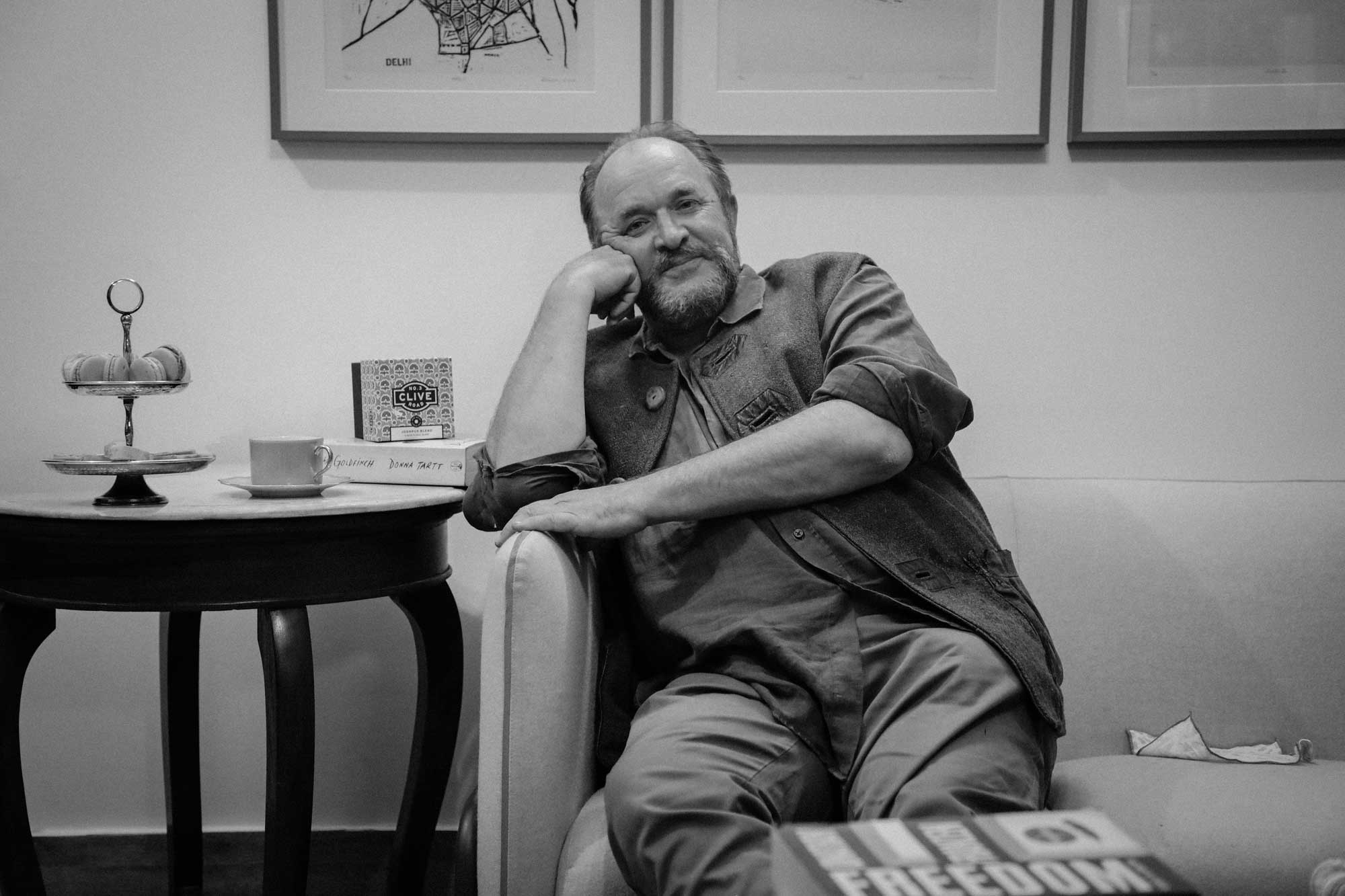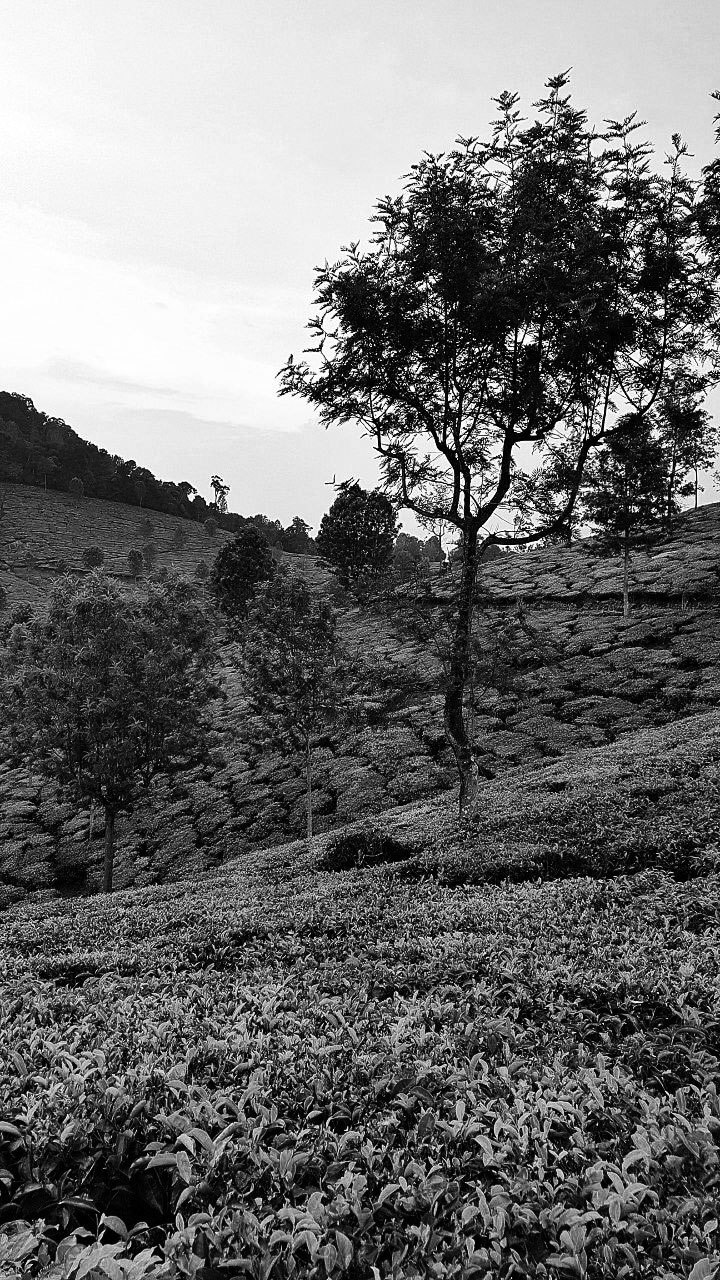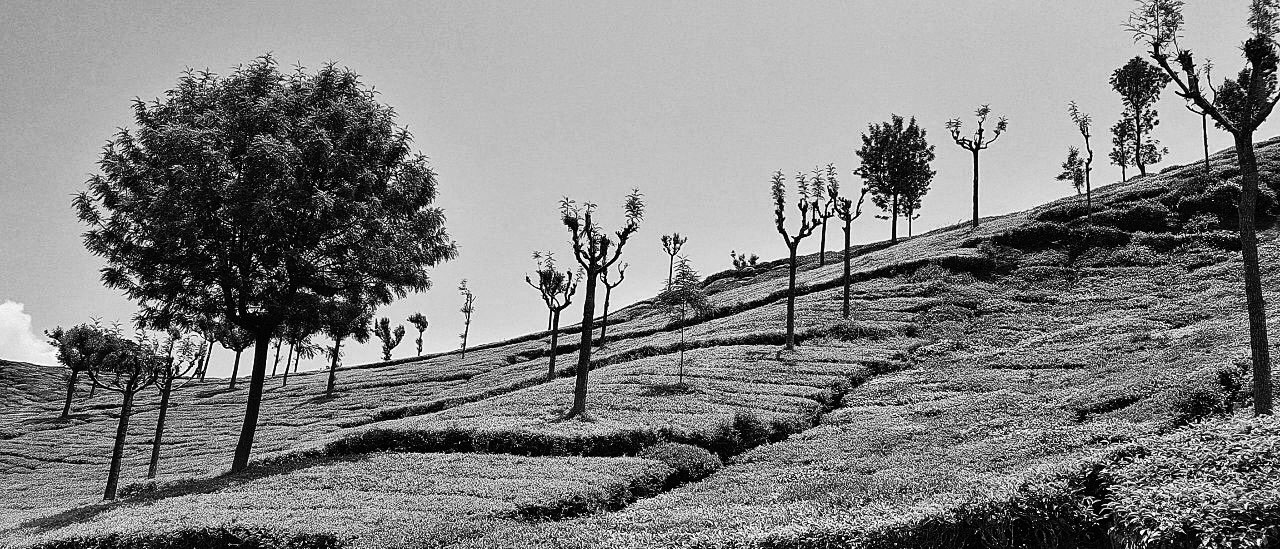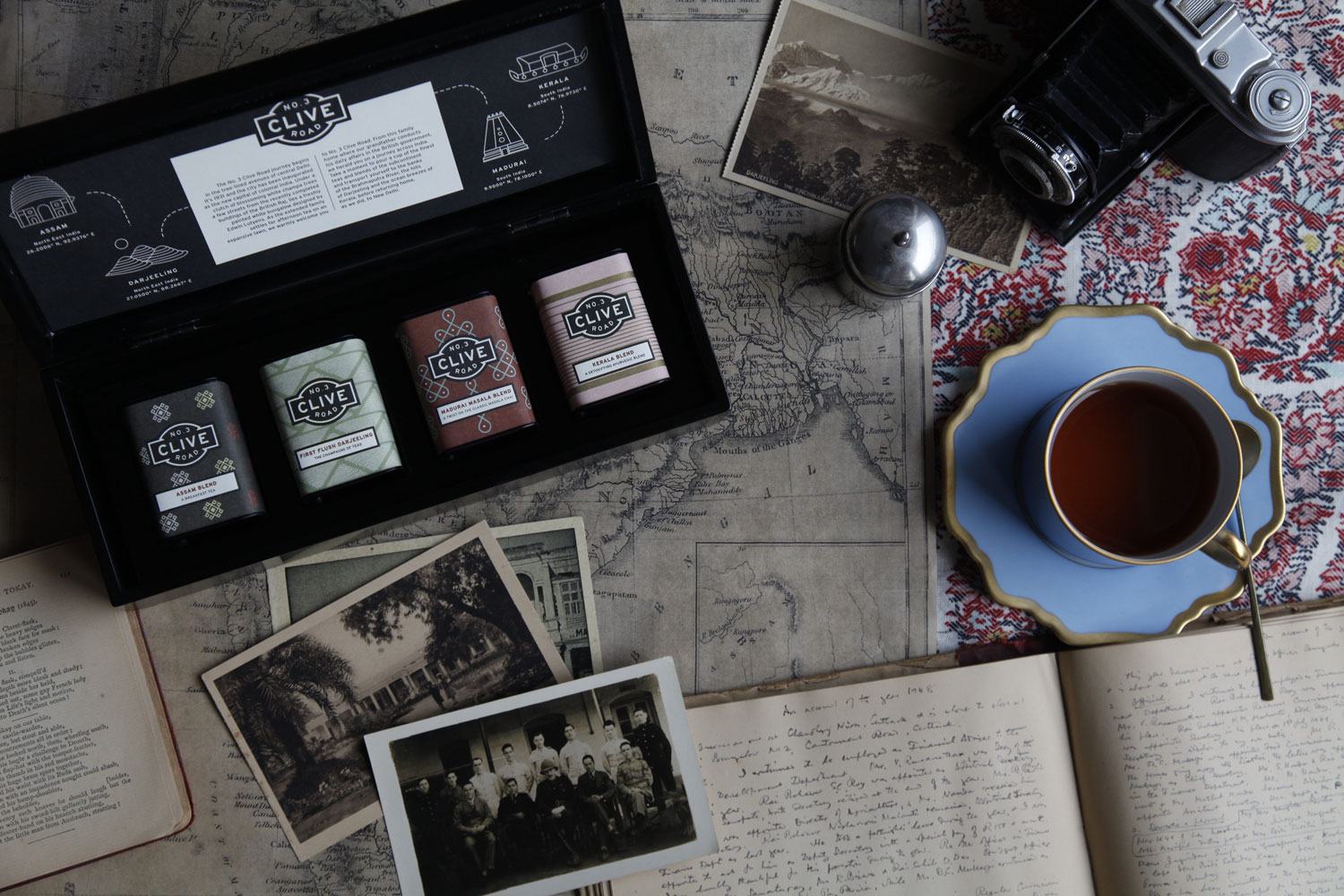William Dalrymple

IN CONVERSATION WITH WILLIAM DALRYMPLE

AUTHOR / HISTORIAN / PHOTOGRAPHER / GOATHERD / KABOOTER BAZ
Delhi-based Scottish writer William Dalrymple on the longest gap year in history, the greatest act of corporate violence and the sinister past of a cup of tea.
We wanted to begin with life in India – what brought you here, how has it changed your life, how has it inspired and influenced your writing?
I suppose I am on the longest year off in history. I came aged 18 with a backpack and never really left. I actually wanted to go to Iraq and dig all the archaeological sites but Saddam Hussein closed the British School of Archaeology and a friend was coming to India so I jumped on a plane with him and it totally changed my life. Up till then, all I was interested in was Scotland, Anglo-Saxon history. I got into Cambridge to do Medieval Archaeology and that was my everything. Then overnight it became the Mughals, Kashmir, ancient India, Mahabharat .. all that sort of thing.
Did you ever get the chance to get into archaeology in India?
I did. I mean I’m interested in Indian archaeology but my life went on a different route.
Do your photographs touch upon your passion for archaeology?
Photography is definitely very much something from the period I was interested in archaeology. That was the other thing I did – I went on digs and I took photographs. In fact, the two often came together. The first photography prize I ever won was an archaeological photography prize.. when I was 15, bizarrely!
So, the photography is not exactly new?
It’s the oldest thing. The writing was the new thing when I was at college. The first thing I ever wrote for a college magazine was a review on a photographic exhibition. Soon I was writing on photography and that become what I did. Recently, I got a really good cell phone camera and discovered photography again. I’ve got a new book coming out next month called The Historian’s Eye – my second photographic book. It’s going to exhibit at Tasveer, taking you to five Indian cities.

Photo by William Dalrymple
“It’s the story of the greatest act of corporate violence in World history. A particularly good story in the age of Trump. Only half the book is really about how the East India Company took over India. The other half is about how the East India Company took over Britain!”
So, where did the idea of the book about Clive, titled The Anarchy, come about?
It’s the story of how the East India Company (EIC) replaced the Mughals. How it was still a London based corporation, with just one head office underneath the Lloyd’s building on Leadenhall Street, that came to take over the richest empire in the world. And people here are still talking about the British taking over India, but that’s not actually what happened. It’s much worse. It’s much more sinister. It’s the story of the greatest act of corporate violence in world history. Of all the contributions of British to the world, arguably, this is the one with the greatest takeout. It spread everywhere in the world. Parliamentary Democracy is a plant which flourishes in a few climates. Anglican Christianity has taken off in some places but not others, but the corporation is something which is now totally universal and dominates the lives of most people in most of their day.
How did the East India Company manage to become so powerful?
The EIC was not only one of the first but also the most powerful there has ever been. It immediately showed everything that is most frightening about corporates today. Within fifty years of the EIC founding, there was the first parliamentary inquiry into the EIC corrupting the parliament. By the time that Clive was around, over half the MP’s in Parliament had shares in the EIC. So, the EIC got given ridiculous favours. Clive made his own fortune and became the richest self-made man in Europe. He was certainly the Bill Gates or the Steve Jobs of the time. Clive, typically for the EIC was an extremely aggressive, uncultured racist but a horribly effective man.

Photo by William Dalrymple
“How far the need for Trump to have a Trump Tower in Moscow may completely alter modern American history. The EIC paved the way for one of the great issues bubbling under the surface today..”
Why tea? What was the lure to tea for Clive? Was there always such a large market for it?
Tea comes in much later. The first tea in India is as late as the 1870s, when two Scotsmen traveling in the hills notice a wild shrub very similar to the tea plant and realise that the climate will support tea bushes in the hills. The trade with China, which is a triangular trade, whereby Opium is grown in Bihar and Bengal – traded out of Kolkata to Canton. So when the Boston Tea Party takes place in the 1780s, it’s the EIC tea, grown in China, bought with Indian opium, which is dumped in Boston harbour.
So, the impact was not only on corporate culture and behaviour but also on trade routes and geopolitical exchange between China and America?
The EIC quickly became the first global multinational and its operations were from a basement office in London. It had three bases in India, which in the process of fifty years between 1750 and 1800s, expanded outwards to take over whole of India with its own private army just like G4S! The EIC had an army which grew to be twice the size of the British army by 1803 – when it takes over Delhi and replaces the Mughals. For fifty years, the EIC buys at one place cheaply and sells at another place more expensively, then suddenly it transforms into this aggressive multinational military force, which uses technology that is not available in India and conquers the whole country.
So, was the EIC more powerful than the British Government?
In fifty years, the EIC took the richest country in the world, still controlled out of one office block, not controlled by the British Government but by a trading company. It’s a good story! A particularly good story in the age of Trump. It’s a story about corporate violence. Only half the book is really about how the EIC took over India. The other half is about how the EIC took over Britain! In the sense, that battle between corporate interest and interest of the state is one that we’re seeing played out even now. How far the need for Trump to have a Trump Tower in Moscow may completely alter modern American history. The EIC paved the way for one of the great issues bubbling under the surface today.
“The Chinese don’t want to buy tweed jackets or anything the British made. It is because of that that the opium trade develops.”
Clearly there has been a global impact from Clive but what has been the impact on India?
The EIC totally transformed India and it’s a very mixed scorecard, overwhelmingly negative I think. The EIC came to India because India was one of the two richest countries in the world, the other being China. Also because Bengal in particular, was on of the great manufacturing bases. The British initially came to trade spices within Kerala but very quickly got interested in the textile trade which took place in Bengal and that was the source of fortune in the period that Clive existed. The period I am writing about – which is the period of the takeover, tea is only beginning to be the big thing. It becomes a big thing by the 1780s and it’s partly because the EIC is losing so much gold and silver to the Chinese. The Chinese don’t want to buy tweed jackets or anything the British made. It is because of that that the opium trade develops.
“Do you like your tea with sugar? Most people of course have their tea with sugar and in order to provide the sugar for English tea, 1.5 million Black Africans are kidnapped and transported across the Middle Passage. The indigenous Caribs of the Carribeans are wiped out and a slave labour plantation system is set up in the place of the wiped out Caribs to provide sugar for English tea!”
Does he have a wider impact on other industries?
The other thing is that it is a story of total violence. The same time that the taste of tea is developing in England and then from them to the rest of Europe, the question that comes along is: Do you like your tea with sugar? Most people of course have their tea with sugar and in order to provide the sugar for English tea, 1.5 million Black Africans are kidnapped and transported across the Middle Passage. The indigenous Caribs of the Carribeans are wiped out and a slave labour plantation system is set up in the place of the wiped out Caribs to provide sugar for English tea! It’s an extraordinary story but the cup of tea we are drinking now has an extremely sinister past.
It is a complicated story. Do you think Clive knew what he was doing?
Clive knew he was changing history. In fact, Clive was one of the first to realise it. After the Battle of Plassey, he rides into Murshidabad which was then the capital of Bengal. Murshidabad is the size of London and Paris combined. Clive writes very early on, a letter to Pitt when in a sense he foresees everything. He says there is only a limited amount of time that we can rule this as a trading company. The scale of what is now possible, with three regiments we could ride into Delhi, he says in 1756 and that happens pretty soon. It happens under Lord Wellesley and he conquers more of India than Napoleon conquers Europe.
It’s an incredible story, we are looking forward to the book. Where are you with the writing and the research?
I hope to begin writing in April. I’m three years in with research.
This is undoubtedly a shift from your previous projects – a broader period of history. Talk us through the challenges of deviating from your usual micro-studies?
The non-fiction that appeals to me is always the non-fiction that reads most like fiction, in that it is a small set of characters, a tight plot, a story where you can follow one set of people from the beginning of the story through to the end of the story and that usually means a micro history. So all my three big history books up till now (White Mughals, The Last Mughal, Return of a King) are fat books that have the appearance of epic stories but in actual fact, they are micro stories. White Mughals is what happened over five years in Hyderabad, The Last Mughal was what happened over three years in Delhi, Return of a King is four years in the history of Afghanistan. This is at least sixty years of South Asian history and will perhaps look back to 250 years and will look forward obviously to present day. So, it’s a different sort of book and I’m not sure how to write it yet. The challenge will be cutting and selecting and it will die if I try to tell the whole story and say everything.
“The immediate impact has obviously been that we’ve kick started I suppose 400 other literary festivals across South Asia.”
We’re going to switch gears to the Jaipur Literature Festival (JLF).
We have a fantastic lineup for Jaipur. The two things that we do that currently no other literary festival does is we reach for the sky and we try and get the greatest writers in the world. This year we have Oscar winning screenwriter and playwright Tom Stoppard, Nobel prize winner Muhammad Yunus – founder of the Grameen Bank, Pulitzer Prize winning team that won for Spotlight, Booker Prize winners, Samuel Johnson prize winners and Academy winners. There will also be (and this is the great feat of my co-director Namita) big Hindi, Bengali writers who get very upset if you call them regional writers – they are big Bhasha writers. A big Bengali novel like Chowringhee can sell a billion copies. It’s often the stuff that gets the least publicity but often the best attended sessions are the Dalit poets who turn up with a massive following.
What do you think has been the lasting impact of JLF?
Well, the immediate impact has obviously been that we’ve kick started I suppose 400 other literary festivals across South Asia and luckily we still seem to be ahead of the game. There are only two or three other great festivals- there’s a terrific one in Dhaka, Chennai and Bombay. Galle has a good one too. Third of a million last year and we do that by our very wonderful sponsors. The proud thing is that it’s totally free and there’s nowhere else in the world where you can hear the greatest minds.
I want to get back to you and get to the “real William”. What do you absolutely need on hand when you’re writing?
I am quite immobile as a writer. If you are a fiction writer or a poet, you can be treacherous – go off to the Himalayas and hang out anywhere and compose but I come with a massive library. The library in my house is actually my research library.
How often are you reminded about being “firang ” despite having been in India for well over two decades.
Less so in daily life in Delhi where I’m moving in familiar circles. I had a drink at Olive last night and it feels like home. We were in Jodhpur this weekend and I was giving a lecture and someone came up and said “Is this your first time in Jodhpur? Is this your first time in India?” I said yes!
Tea & Books

The last thing we wanted you to do was pair our tea blends with a book. The first one is our Aurangzeb Blend.
Well obviously Audrey Truschke’s Aurangzeb: The Life and Legacy of India’s Most Controversial King. Although my favourite thing about Aurangzeb is not a book, but a fascinating article by a friend of mine called Katherine Butler Schofield on Did Aurangzeb Ban Music?.
Jaipur Blend: A Princess Remembers: The Memoirs of the Maharani of Jaipur would be an obvious choice. Or Jaipur Nama.
Jodhpur Blend: Garden & Cosmos which was a huge influence on my wife’s art.
Kashmiri Kahwa: The best memoir of Kashmir of the Kashmir conflict – Curfewed Night. For anyone who says “Oh the bloody Muslims making trouble again” – If you want to understand why they are making trouble, read Basharat’s book.
Varanasi Blend: Jeff in Venice, Death in Varanasi.
Want to read more? Join our mailing list!
ARTICLE INFORMATION & CREDITS
Published
Interview by Keertna Sapra & Radhika Chopra
Photography & web design by Samia Singh
